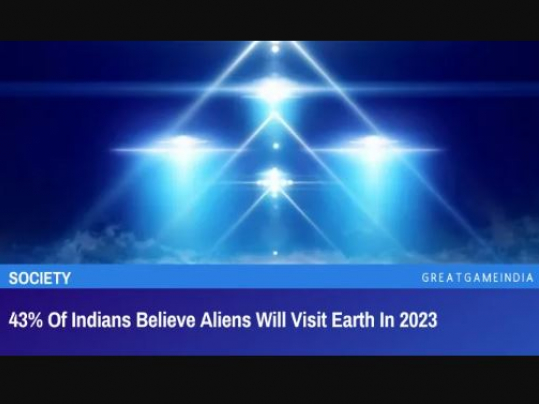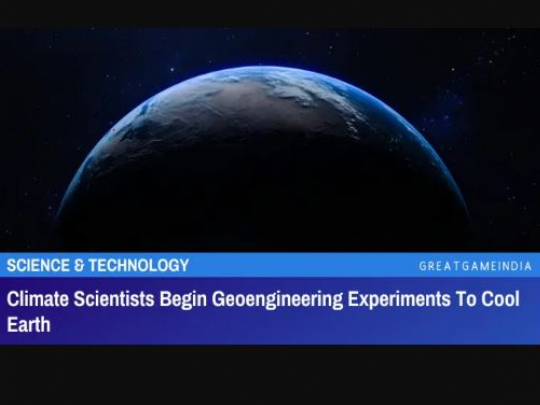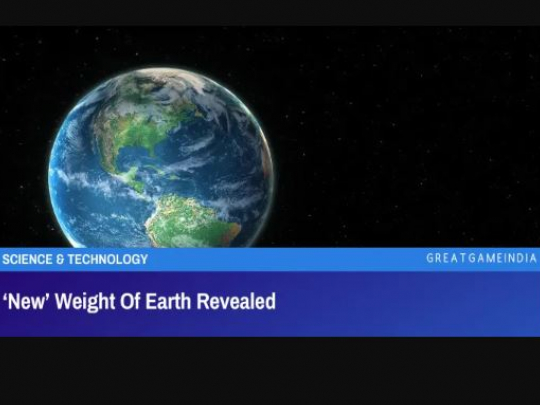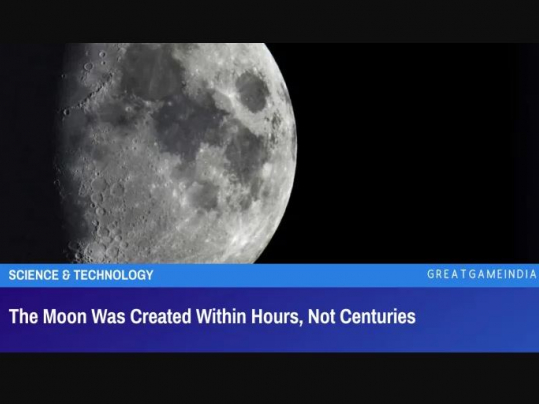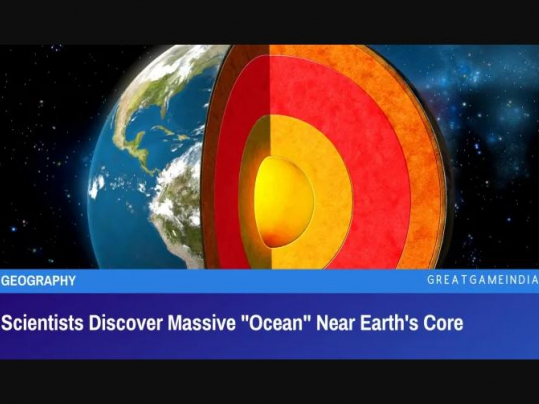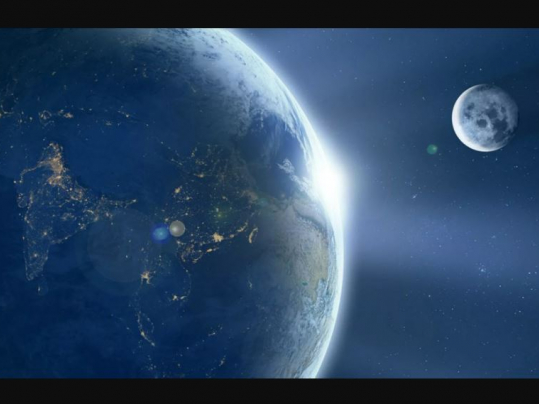Earth And The Entire Solar System Can Collapse If This Happens To Neptune
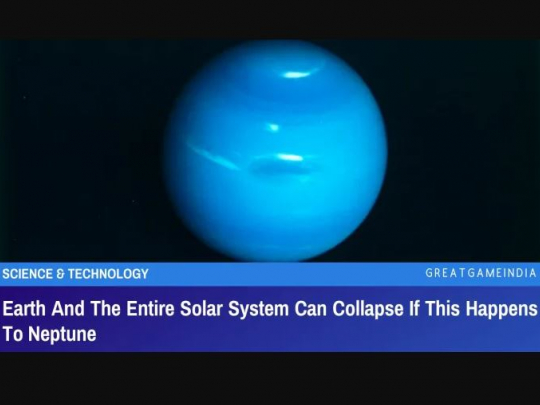
The other planets may eventually collide with one another or be ejected out of the solar system if a star passing through our solar system changed Neptune’s orbit by just 0.1 percent. This essentially means that the Earth and the entire solar system can collapse if this happens to Neptune.
Our Sun, eight other planets, plus Pluto, a dwarf planet, are all supported by a perfectly balanced solar system. Different planets, however, play important roles in maintaining the gravitationally stable state of this system, which has allowed it to remain in this state. Mercury rotates at such a rapid speed that it continually resists the Sun’s gravitational force to keep it in its orbit. Jupiter, the largest planet, shields the inner ring from asteroids and meteors. The farthest planet, Neptune, is the one that has the greatest potential to influence the solar system. And the reason is not that it affects the other planets due to its gravitational pull, but rather because it is the most vulnerable planet in this system.
A passing star can seal the fate of Neptune
Now, hardly much would have shifted if Neptune had abruptly left our solar system. The orbit of Pluto would likely change, and Uranus’ orbit would move a little closer to Saturn, but the other planets are too far away to even recognize the disappearance. Since Neptune is the only planet that cannot be seen with the unaided eye, NASA astronomers and other scientists researching it would likely be the only ones to detect this even on Earth.
Neptune’s disappearance, though, may throw the solar system into disarray if things went a bit differently. The solar system is not a standalone system. It belongs to the Milky Way galaxy, which contains stars, planets, black holes, asteroids, meteors, gas, and dust. And it is all always moving. So Neptune would be the first planet to learn about a new star if our solar system ever encountered one. According to a New Scientist article, the snowball effect may result in severe instability in our solar system if the star were to force Neptune off of its orbit.
Neptune may shift first, but because a star’s gravitational pull is so strong, the influence will be felt all the way down to the Sun’s core. Additionally, the stability of the entire solar system is destroyed when each planet moves and changes its orbit. Two things stand out as the most disturbing aspects of this. First of all, for this mayhem to occur, the passing star does not even need to be as big as the Sun. Second, given that the star would not have to approach the solar system very closely, we might not even be able to see it approaching.
- Source : GreatGameIndia




